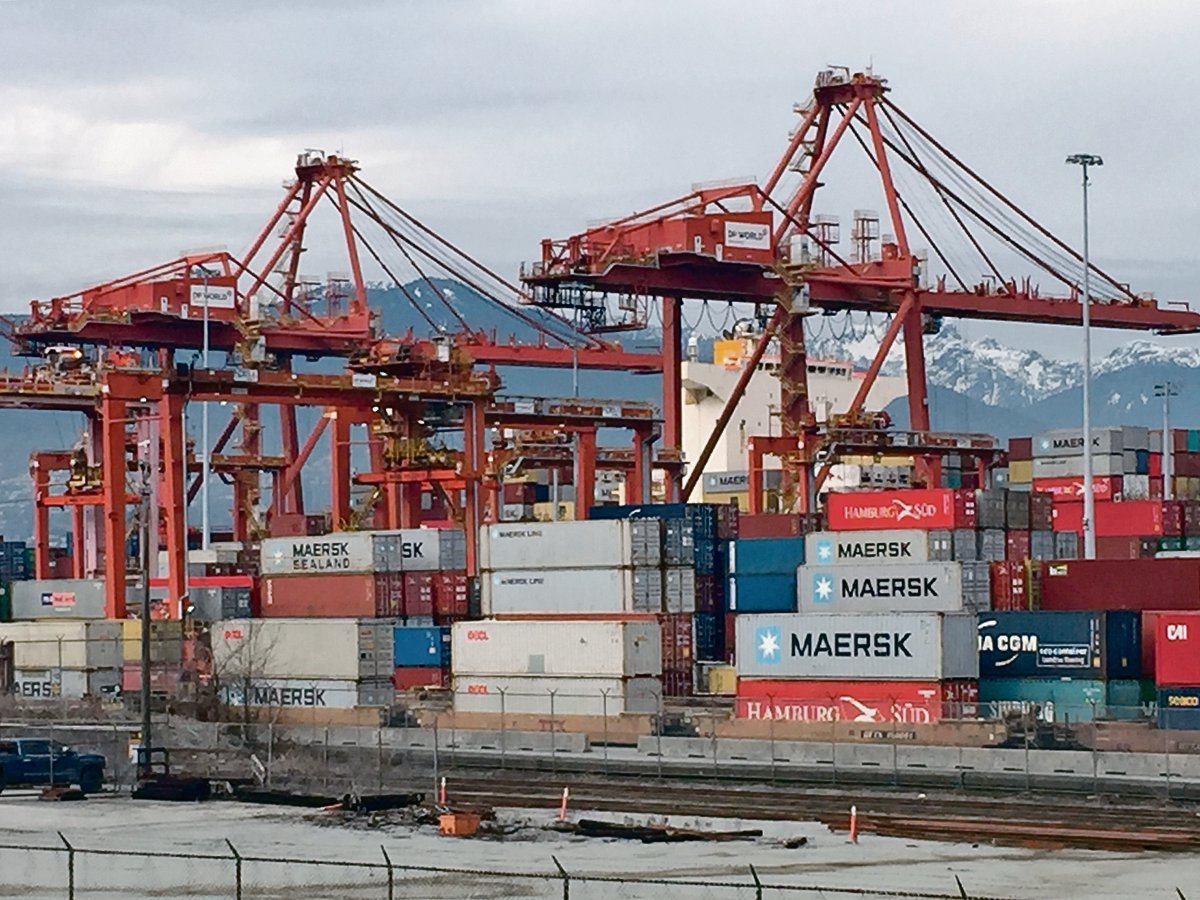A prairie think-tank says changes to the Temporary Foreign Workers program disproportionately affect the region
Changes to the Temporary Foreign Workers Program are disproportionately affecting western Canadian employers, says a Calgary think-tank.
The federal government introduced the restrictions last year, bringing caps that limit the use of low wage, unskilled temporary foreign workers.
The announcement followed highly publicized cases that critics said showed misuse of the program.
Since then, the changes have left meat packers with countless job openings in rural areas that officials say Canadians are unable or unwilling to fill.
“I think (employment minister Jason) Kenney really wanted this to reduce unemployment, so people who are in areas where there’s higher unemployment would have more opportunity for some of these jobs,” said Janet Lane of the Canada West Foundation.
Read Also

Message to provincial agriculture ministers: focus on international trade
International trade stakeholders said securing markets in the face of increasing protectionism should be the key priority for Canada’s agriculture ministers.
In July, employers will be able to fill their workforce with no more than 20 percent temporary foreign workers. The number drops to 10 percent in 2016.
However, the foundation said in a recently published paper that 75 percent of the reduction in temporary foreign worker positions will occur in Manitoba, Saskatchewan, Alberta and British Columbia.
That number could exceed 8,400 workers in Alberta, which is six times the reduction in Ontario, where the workforce is larger and the unemployment rate is higher.
“In a perfect world — and we do understand this and we would promote this — Canadians would have (the) jobs and Canadians would be the first in line to take these jobs,” said Lane.
“In the past, in the West, we have not had as much take-up of these jobs by Canadian-born people, and we have relied on immigrants and then lately on temporary foreign workers to fill these jobs.”
Lane said the food and accommodation sector has been affected the most.
The changes don’t affect the Seasonal Agriculture Worker Program that commercial farms, use, but it does affect processors, which are lobbying government for an express entry program to help address a labour crisis in western Canadian packing plants.
The issue was recently raised in Senate agriculture and forestry committee hearings about international market access priorities.
“We were assured that express entry would work on the basis of aligning the economic streams of immigration to high demand occupations in the economy, not arbitrarily defined by skill level. Well it’s come in and it is defined solely by skill level,” Rory McAlpine, senior vice-president of government and industry relations for Maple Leaf Foods, told the committee March 10.
“As soon as you move into processing activity, if you don’t meet that high-skill definition, then you’re not eligible (for express entry). What’s happened is we have been severely compromised by the impact of changes to the Temporary Foreign Worker Program, but it hasn’t been offset by what we had hoped would be a much more labour- and market-economy driven approach to the immigration system.”
McAlpine said 150 jobs are open in the Maple Leaf’s Brandon facility and thousands more across the country, which means processors are doing less value-added processing and reducing exports.
Policies should focus on recruiting and retaining Canadian workers, as well as immigration, he added.
“Where there is a demonstrated shortfall, as there is particularly in rural communities where many of the plants are, that should be open to an immigration program that ensures they get permanency and can become stable long-term employees of the businesses,” said McAlpine.
Sylvain Charlebois, a professor of food distribution and policy at the University of Guelph, wrote in a recently published column that the government should reconsider its position.
“It’s to allow people to become permanent residents. That was my very high level recommendation,” Charlebois told senators March 12.
“Again, I didn’t dive into much details. I’m sure that you’re probably more knowledgeable than I am when it comes to options that could be provided to these people, but essentially what I’m trying to say is that we need them.”
dan.yates@producer.com














